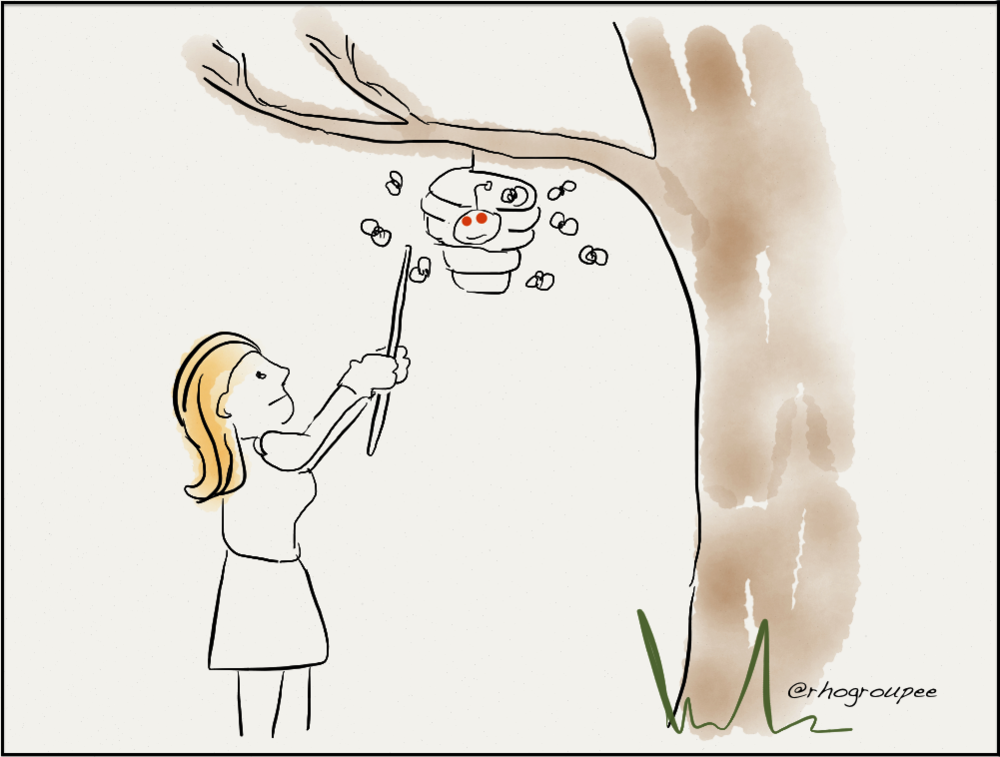Thanks for all the great feedback on Dave’s WorkPuzzle earlier this week. It’s always helpful to see what resonates with you.
As it turns out, you’re not alone.
Reading the press on Amazon this week, you’ve probably noticed this topic (the idea of humans flourishing at work) has broad interest in our culture, and it seems to be emotionally charged.
What’s at the core of the angst so may people feel towards the Amazon work environment? Perhaps it boils down to this simple premise:
Businesses can and should be used as a means to enable human flourishing.
When they’re not, something feels wrong. And as Amazon found out this week, it’s a powerful way of thinking that reaches beyond the walls of the company.










